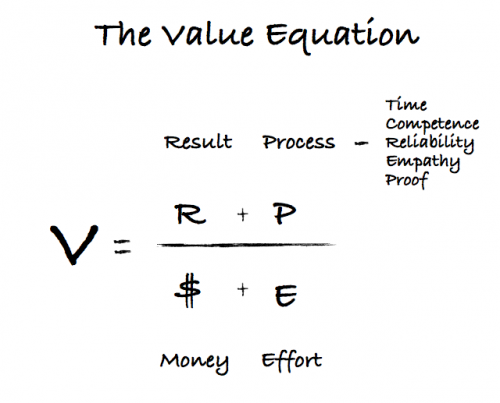One of the misunderstandings that I often encounter when implementing the Service Profit Chain in organizations is that managers suddenly become reluctant to manage. I.e. they are reluctant to be directive or to set and enforce performance standards even when it is glaringly necessary.
They worry they will adversely affect the sacred employee satisfaction that is at the heart of the service profit chain thinking.
The problem is that it has exactly the opposite effect.
The team becomes uncertain, delivery of service sloppy and customer satisfaction goes out the window. And in the worst cases they conclude that creating a great place to works is a bad idea: “ just look what happens”.
They have not understood how to manage the polarities involved.
In order to explain what happens I use the work of a Adam Kahane on Power and Love.
First, we need to start with Adam Kahan’s definition of the two terms.
Power :“the drive of everything living to realize itself with increasing intensity”
Love : “the drive towards the unity of the separated”
So as we implement the service profit chain we definitely turn up the volume on the love part. In the process create a sense of unity, belonging and contribution from the ground level and up. That becomes our foundation
But now we have a situation from a polarity point of view that is often slightly lopsided. In order to balance the polarity and not end up in an anaemic, wishy-washy lovey-dovey kind of culture, it is important to increase the power side of the equation by raising the bar and setting high standards for performance and results.
When done in that order the result is a remarkable increase in commitment, motivation and performance.
This is actually quite logical if you think about it. Just feeling good (but getting nowhere) is not nearly as much fun or challenging as feeling good and achieving something significant.
So what happens is that when we increase the power side of the polarity in order to balance the love side we in fact increase employee satisfaction and loyalty as a result.
Martin Luther King put all this in a nutshell in this great quote:
”Power properly understood is nothing but the ability to achieve purpose. It is the strength required to bring about social, political and economical change…
And one of the great problems of history is that the concepts of love and power have usually been contrasted as opposites – polar opposites – so that love is identified with the resignations of power and power with the the denial of love.
Now we have to get this thing right.
What we need to realize is that power with out love is reckless and abusive and love with out power is sentimental and anemic. It is precisely this collision of immoral power with powerless morality which constitutes the major crisis of our time.”
